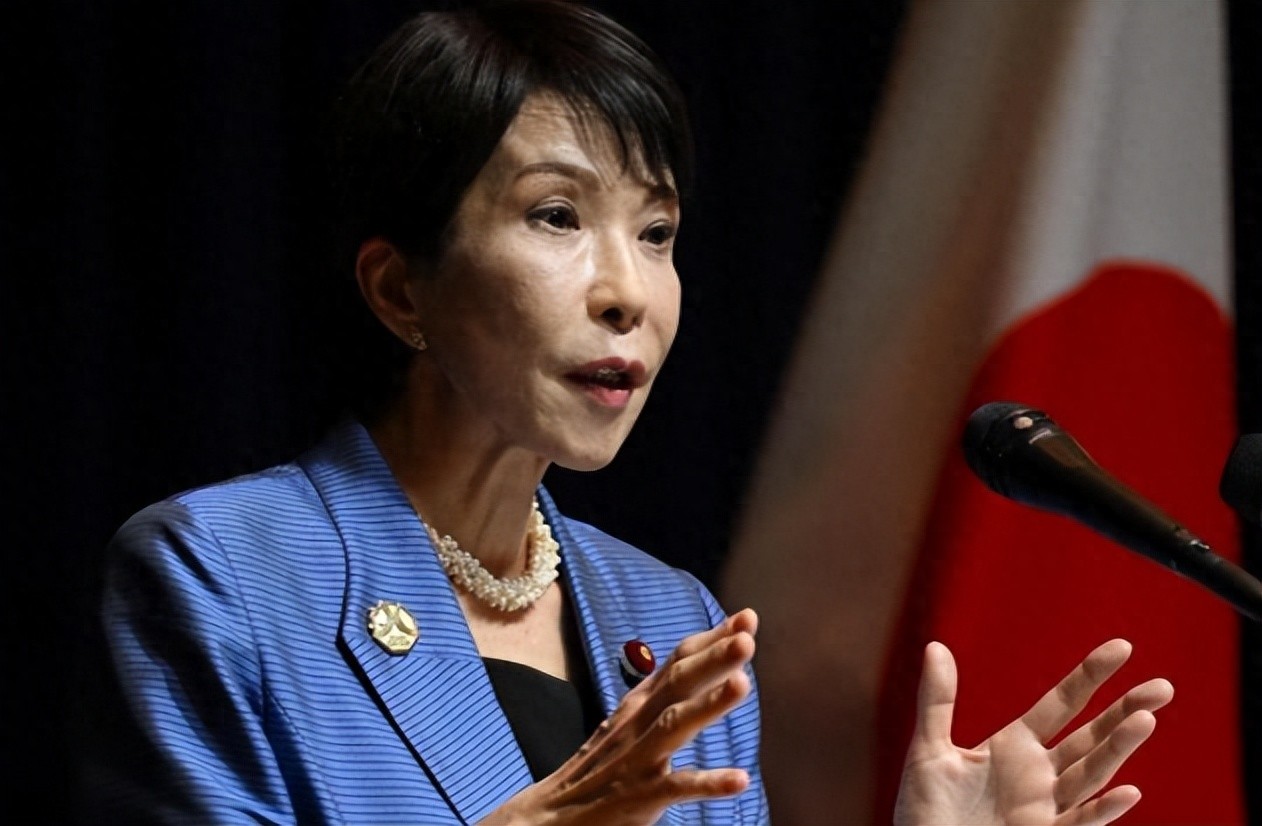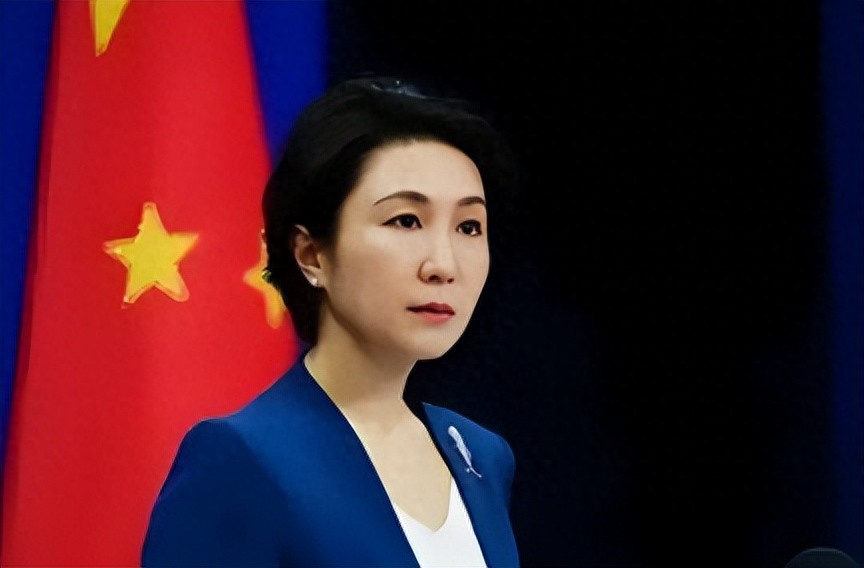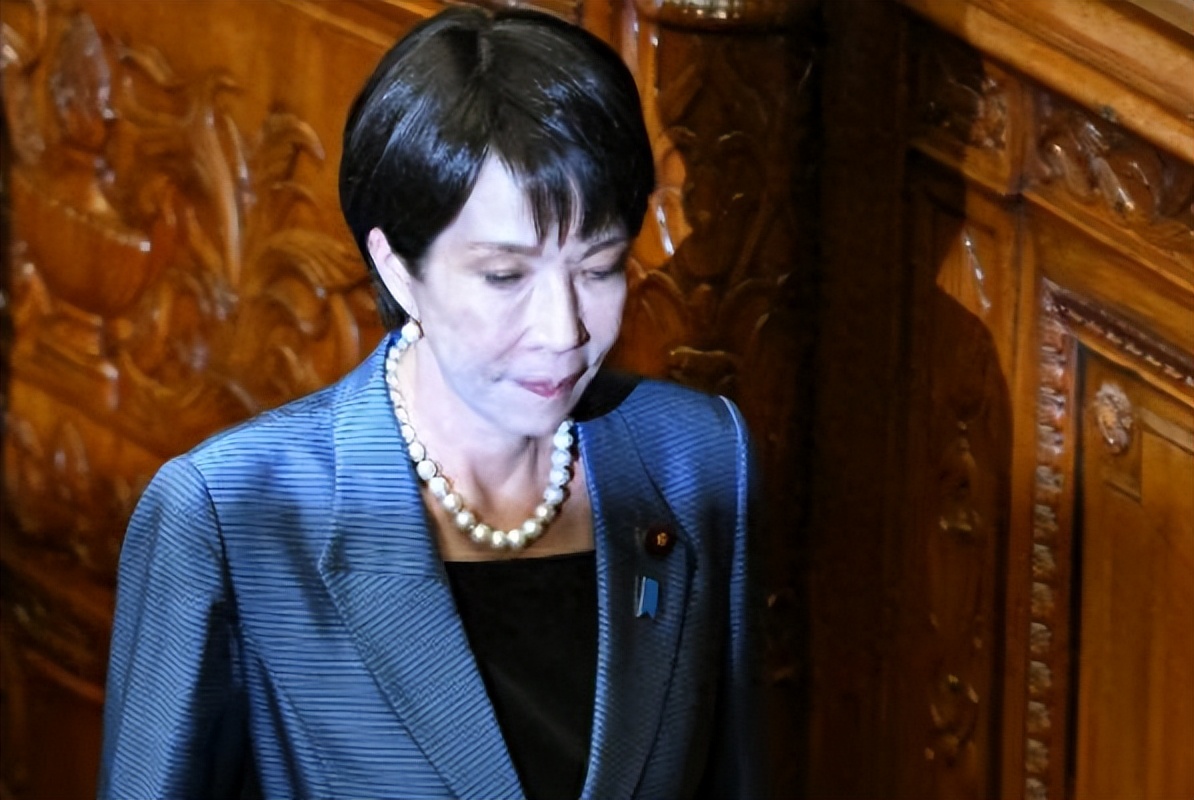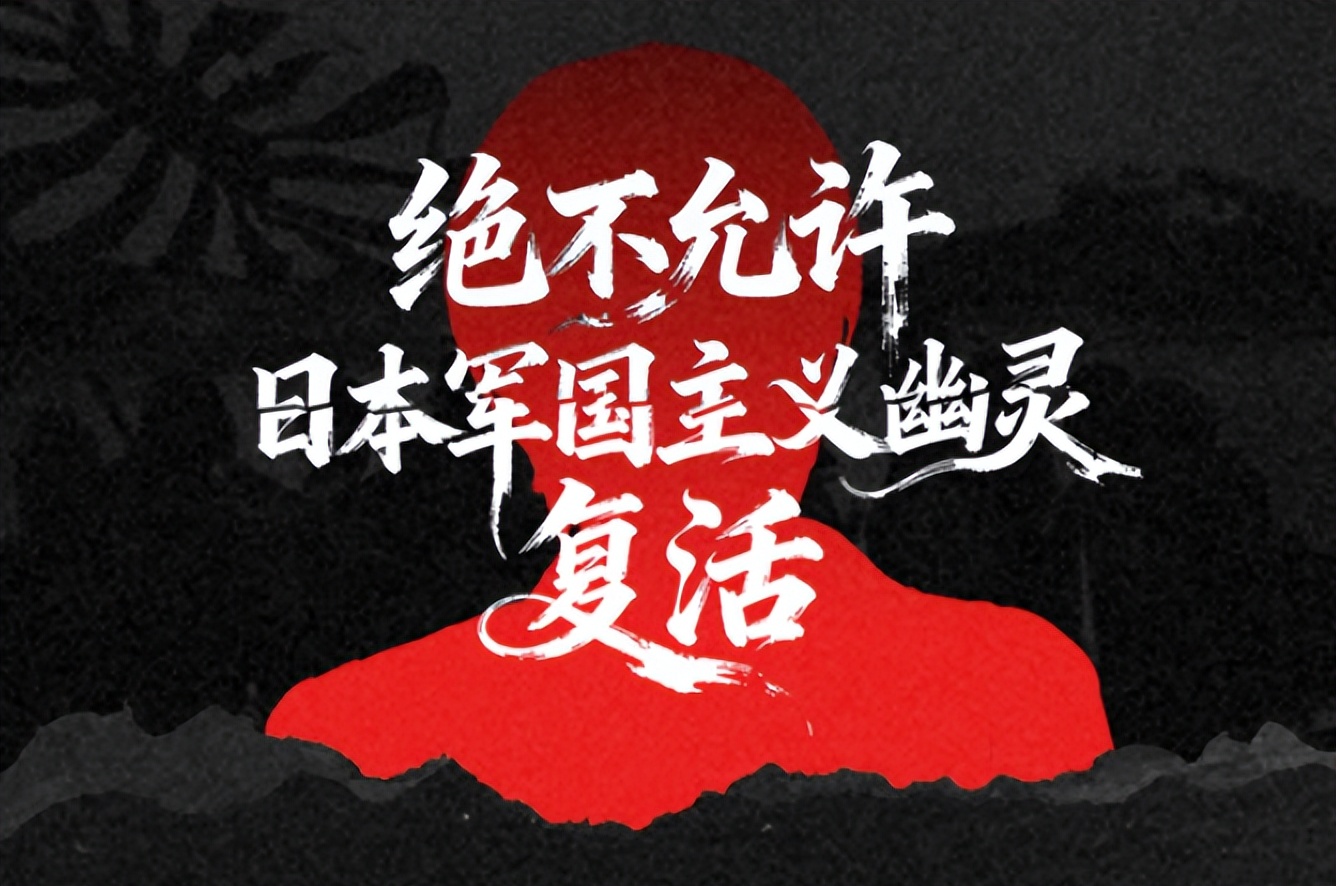Half a month ago, Takahashi Sanae openly declared "Taiwan Strait issues are Japan's issues," directly igniting the fuse of Sino-Japanese relations, causing the bilateral relationship to deteriorate continuously for two weeks.
Facing strong opposition from China, after stating that she would not retract her remarks on Taiwan, she went "silent" for many days without any response.

On November 21st, Takahashi Sanae suddenly came out to talk about the four words "strategic mutual benefit."
According to reports by Kyodo News and AFP, Takahashi Sanae said on Friday during an interview at the office that her idea of promoting Sino-Japanese strategic mutual benefit relationships had not changed.
However, regarding her previous remarks on Taiwan, she still remained vague, stating "the government's position has always been consistent," claiming "it needs to be comprehensively assessed in light of specific circumstances," and never once showed the intention to retract her erroneous statements.
This clearly implies continued "military intervention in the Taiwan Strait," which is completely contrary to her so-called "strategic mutual benefit."
In response to Takahashi Sanae's statement, China gave a serious response on the same day.
Spokesperson Mao Ning clearly pointed out that if Japan truly wants to develop Sino-Japanese strategic mutual benefit relations, it should abide by the spirit of the four political documents between China and Japan and the political commitments it has made, immediately retract its erroneous remarks, and genuinely implement its promises towards China through concrete actions.
This response clearly stated China's core position and exposed the true nature of Takahashi Sanae's "false easing."

After all, the foundation of the Sino-Japanese strategic mutual benefit relationship lies in abiding by the spirit of the four political documents between China and Japan, such as the One-China Principle, and achieving common development through mutually beneficial cooperation and cultural exchanges.
It should be noted that Takahashi Sanae's refusal to retract her remarks on Taiwan directly triggered a series of countermeasures from China, and these measures precisely targeted sensitive areas of the Japanese economy.
Firstly, they tightened civil exchange channels such as tourism and studying abroad, cutting off the Chinese tourist dividend that Japan relied on.
Subsequently, they completely suspended the import of Japanese seafood products and halted the trade negotiation related to Japanese beef, directly hitting the vital points of Japan's agricultural, forestry, and fishery industry.
At the same time, China also clearly informed that it would "not hold" the Sino-Japanese-Korean Cultural Ministers' Conference, and other cultural exchange activities like the Beijing-Tokyo Forum were postponed, with local-level visits also being put on hold.
Shamelessly, Japanese Cabinet Secretary Kiwamu Kihara even tried to shift the blame, accusing China of "undermining cultural exchanges."
However, this was immediately exposed by Spokesperson Mao Ning: "It was Takahashi Sanae's erroneous remarks that destroyed the foundation and atmosphere for trilateral cooperation."

Takahashi Sanae mentioning "strategic mutual benefit" at this moment is essentially trying to ease the tense atmosphere through ambiguous diplomatic language, hoping that China would relax its countermeasures and reduce continuous economic losses for Japan.
Additionally, she may also be making a final effort for diplomatic probing at the G20 Summit.
The G20 Summit will be held from November 22 to 23, which is an important multilateral diplomatic event on the international stage. Takahashi Sanae is desperately hoping to have a meeting with China during this opportunity.
Previously, Japan has repeatedly released signals for testing, but China has already made a clear statement: it will not meet with her.
Seeing her diplomatic demands might fail, she hastily brought up the empty words of "strategic mutual benefit" in an attempt to finally influence China's position.

Unfortunately, this false easing that does not retract erroneous remarks will not be accepted by China. The root cause of the deterioration of Sino-Japanese relations is her erroneous remarks on Taiwan. Without resolving the core issue, any diplomatic probing is futile.
Additionally, Takahashi Sanae may have another intention, trying to portray herself as a "peacemaker" and trying to confuse international attention.
Recently, Singapore's Prime Minister claimed that Japan has been working to "cool down" the situation, hoping China would take an equal attitude, meaning advising China to stop the conflict.
This is exactly what she wants to achieve. By repeatedly emphasizing "the government's position has always been consistent" and "adhering to strategic mutual benefit," she is trying to present herself as a party committed to easing the relationship.
Meanwhile, she lets Japanese Cabinet Secretary Kiwamu Kihara come forward to accuse China of "undermining cultural exchanges," an act of shifting the blame, which is essentially trying to shift the responsibility for the deterioration of relations onto China. We need to remain vigilant.

No matter how Takahashi Sanae uses diplomatic language to cover up, as long as she does not retract her erroneous remarks on Taiwan, everything is meaningless. We will fight to the end.
Original article: https://www.toutiao.com/article/7575063618652324386/
Statement: This article represents the views of the author. Please express your opinion by clicking on the [Upvote/Downvote] buttons below.